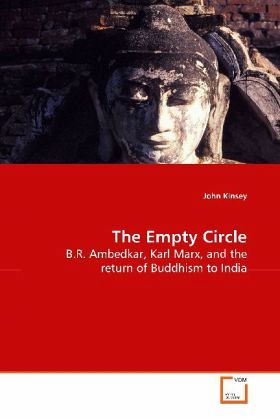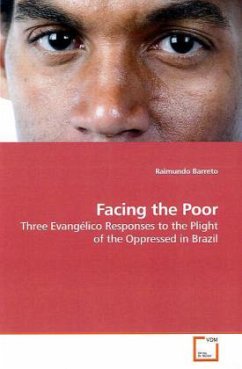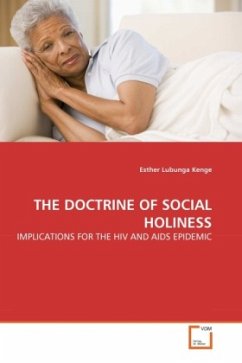
The Empty Circle
B.R. Ambedkar, Karl Marx, and the return of Buddhism to India
Versandkostenfrei!
Versandfertig in 6-10 Tagen
32,99 €
inkl. MwSt.

PAYBACK Punkte
16 °P sammeln!
Although B.R. Ambedkar has been widely recognizedfor his social, religious, and political reforms inIndia, he has not yet been acknowledged for hisinnovative revisions to Marxist theory. Byre-structuring Marxist theory so as to replace thetraditional economic base and social superstructurewith a model that places religion as the base andeconomics and politics as the superstructure,Ambedkar imparted a flexibility to Marxist theorythat allows for it to be culturally situated and,therefore, more appropriately utilized in variouscontexts. More importantly, by imbuing his vision ofBuddhism with his...
Although B.R. Ambedkar has been widely recognized
for his social, religious, and political reforms in
India, he has not yet been acknowledged for his
innovative revisions to Marxist theory. By
re-structuring Marxist theory so as to replace the
traditional economic base and social superstructure
with a model that places religion as the base and
economics and politics as the superstructure,
Ambedkar imparted a flexibility to Marxist theory
that allows for it to be culturally situated and,
therefore, more appropriately utilized in various
contexts. More importantly, by imbuing his vision of
Buddhism with his vision of Marxist theory, Ambedkar
impacted the emerging Buddhist revival in India so
significantly that the resulting Indian Buddhist
identity cannot be fully appreciated without
recognizing his Marxist influences. As such, it is
here argued that the contemporary Buddhist revival in
India, known as Neo-Buddhism, Ambedkarite Buddhism,
Dalit Buddhism, and Navay na Buddhism, would be
better understood simply as Marxist Buddhism.
for his social, religious, and political reforms in
India, he has not yet been acknowledged for his
innovative revisions to Marxist theory. By
re-structuring Marxist theory so as to replace the
traditional economic base and social superstructure
with a model that places religion as the base and
economics and politics as the superstructure,
Ambedkar imparted a flexibility to Marxist theory
that allows for it to be culturally situated and,
therefore, more appropriately utilized in various
contexts. More importantly, by imbuing his vision of
Buddhism with his vision of Marxist theory, Ambedkar
impacted the emerging Buddhist revival in India so
significantly that the resulting Indian Buddhist
identity cannot be fully appreciated without
recognizing his Marxist influences. As such, it is
here argued that the contemporary Buddhist revival in
India, known as Neo-Buddhism, Ambedkarite Buddhism,
Dalit Buddhism, and Navay na Buddhism, would be
better understood simply as Marxist Buddhism.












